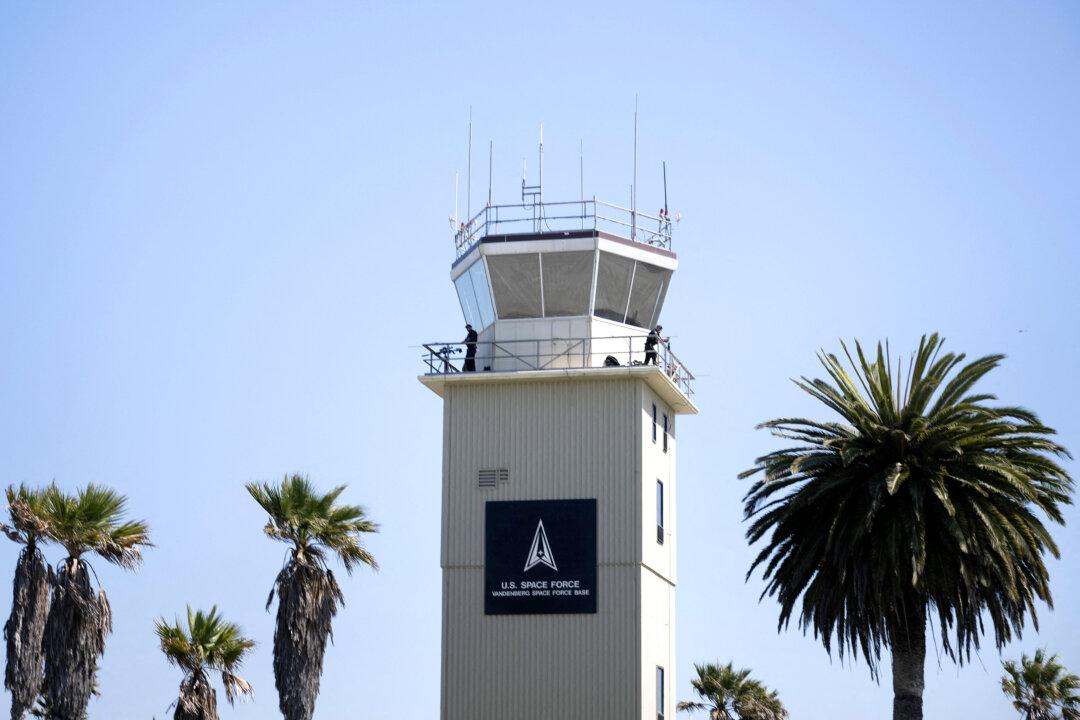The U.S. Attorney’s Office in Los Angeles is now investigating a Chinese national who was arrested and accused of flying a drone over the Vandenberg Space Force Base in California on Dec. 9 for more serious offenses.
Yinpiao Zhou had been apprehended by authorities at San Francisco International Airport just before boarding a flight to China, and his drone was seized. Zhou was not arrested at the time and was released.





